The foreign-interference story, which has been stumbling along for years, suddenly developed an ominous plot twist on June 1: Foreign governments and their agents weren’t just threatening their nationals here, nor killing Canadians seen as a security threat back home. Now, an all-party parliamentary committee has concluded that foreign stakeholders were directly involved in getting Canadians elected to Parliament, thereby obtaining useful information and influence. The same committee claimed that some members of Parliament were consciously colluding with other countries.
The story took another twist on June 12, when Green MP Elizabeth May said she had read the unredacted report by the National Security and Intelligence Committee of Parliamentarians, or NSICOP, and was “vastly relieved” that no currently sitting MPs could be considered disloyal.
A former MP warranted investigation, she added, and a few might be “compromised” by foreign support for their nominations.
This reassurance does not entirely reassure. Have some of our MPs been traitors? Is Parliament itself compromised, or at least the major parties? What is “foreign interference,” and who is interfering apart from the usual suspects? Is Canada also subject to domestic interference intended to weaken and subvert our democracy?
And can Canadian democracy itself survive such subversion?
According to the June 1 NSICOP report, foreigners have been meddling with our democratic processes and institutions for years.
In some cases, it says, the meddlers’ utensils have been “unwitting” politicians, or “useful idiots,” as Cold War parlance would have it.
In other cases, they have been unwilling accomplices, co-operating under threat. And some politicians and influencers have indeed been witting, working closely with foreign agencies and governments and providing confidential information.
Pundits like Andrew Coyne and Wesley Wark have jumped on the chance to use words like “traitors,” though no one has even been charged, let alone tried and convicted, of treason.
Everyone wants the malefactors named, though the members of NSICOP are legally forbidden to do so.
The report is silent on more than the names of witting or half-witting MPs acting as foreign agents. It lists China and India as major meddlers in our politics, with Iran and Pakistan also on the list. But at least two other countries are identified only by the redactors’ three asterisks.
Who might they be, and how might they have interfered with Canadian peace, order and good government?
What is ‘foreign interference’ anyway?
The NSICOP report has a very useful graphic explaining what foreign interference consists of, as opposed to overt, identifiable actions.

According to the report, a foreign state, agency or group is interfering if:
- foreign involvement in influence efforts is concealed and third parties are used to further the state’s interests;
- foreign activities are designed to deceive, and thereby to manipulate, individuals;
- persons, groups or companies in Canada are used deceptively to carry out tasks normally done by officials of a foreign state;
- threats and coercion are used to suppress open discussion and debate on contentious issues;
- proxies are used to fund or otherwise support electoral candidates or political parties;
- foreigners make threats intended to influence diaspora communities and groups; and
- a foreign country or agent runs both online and offline disinformation campaigns.
It’s not foreign interference if it’s “aggressive lobbying, lawful advocacy or dissent”; if it’s “overt engagement with entities in Canada”; if it’s “Canadian entities openly advocating support for a foreign state”; or if “foreign state media outlets in Canada” are used to spread propaganda.
In between those two poles, according to NSICOP, is a “grey zone,” which may involve the following activities:
- paying Canadian media to publish foreign propaganda without attribution;
- providing money or other support to Canadian community organizations without attribution;
- “corruptive practices” like small payments or favours, intended to strengthen a relationship; and
- using third-party groups or persons in Canada to keep an eye on perceived enemies like dissidents, and co-ordination with non-state organizations like companies to put pressure on policymakers.
“Hostile states,” the report says, “are aware of this grey zone and take advantage of it.”
How to commit treason in Canada
Are any Canadian politicians actually committing treason? According to Section 46(2) of the Criminal Code of Canada:
Every one commits treason who, in Canada, (a) uses force or violence for the purpose of overthrowing the government of Canada or a province; (b) without lawful authority, communicates or makes available to an agent of a state other than Canada, military or scientific information or any sketch, plan, model, article, note or document of a military or scientific character that he knows or ought to know may be used by that state for a purpose prejudicial to the safety or defence of Canada; (c) conspires with any person to commit high treason or to do anything mentioned in paragraph (a); (d) forms an intention to do anything that is high treason or that is mentioned in paragraph (a) and manifests that intention by an overt act; or (e) conspires with any person to do anything mentioned in paragraph (b) or forms an intention to do anything mentioned in paragraph (b) and manifests that intention by an overt act.
“High treason” is defined as any plan or act to overthrow the government or prime minister or other government leaders, or to harm the monarch.
So informing a foreign agent of widely known political gossip, or handing over a scientific report on the state of B.C.’s wild salmon, would presumably fail the treason test because the information would not be prejudicial to the safety or defence of Canada.
But a classified report on recruitment and retention problems in the Canadian Forces, if passed to a foreign agent, might indeed be treason.
When discretion is the better part of valour
It’s understandable that the government doesn’t want to reveal the names of individuals in the report, even of ex-MPs. First, it would be embarrassing to the government and to all parties involved.
The revelation might well expose Canadian security methods and informants, crippling the Canadian Security Intelligence Service and making allies less willing to share intelligence with us. Spies, like journalists, must protect their sources.
Worse yet, the named MPs might be innocent. “Intelligence is not evidence,” the spies often remind us.
The Canadian Security Intelligence Service might pass along some general information to the RCMP, but the Mounties would have to use straight police methods to find criminal evidence against each named MP.
Neither CSIS nor the RCMP would be eager to take part in such an investigation.
The Bloc Québécois and the Conservatives have proposed handing the investigation over to Justice Marie-Josée Hogue, head of the foreign interference commission.
The Liberals and NDP agree. Doing so would require expanding her commission’s mandate but would also remove the issue from partisan association.
A necessary overhaul
Whatever Justice Hogue does, our political system will have to change. Political parties must choose their candidates and leaders much more carefully.
When international students are being recruited to sign up as members of a political party and help elect a candidate, the system needs a major overhaul.
The Liberals’ proposed Foreign Influence Transparency and Accountability Act could be the beginning of that overhaul.
Candidate vetting would also need to be far more stringent — almost as if the candidate were looking for a senior job in CSIS or the RCMP.
In fact, anyone wanting to stand for party leadership should have a mandatory security clearance before doing so. In the United States, Donald Trump would have been disqualified back in 2015 if the Americans had had such a requirement.
Admittedly, this could sharply limit Canadian diversity in Parliament: a cousin in Tehran or grandparents in Guangzhou could disqualify an otherwise excellent candidate.
These measures would all be exquisitely mortifying for MPs, but the alternative — to assume they’re all loyal and trustworthy — would be harder to sell to a suspicious electorate.
The NSICOP report, and others like it, have gravely weakened public trust in Parliament as an institution, and thereby in democracy itself.
Parliamentarians will have to work hard to regain that trust.
Who else?
It would be very helpful to know what other countries are interfering in Canada. All we know of them is that they are engaging in “transnational repression” of their Canadian diasporas. Russia, NSICOP tells us, has the means to interfere but is understandably focused on the United States.
Another possibility could be Israel, which has been trying to influence American opinion both overtly and covertly.
According to a recent report in Wired, these efforts intensified after the war in Gaza began on Oct. 7.
Israel’s efforts have extended to Canada in the form of digital anti-Muslim disinformation campaigns.
And it might even be that the United States itself has been influencing our politics not only through overt means, but by providing discreet benefits (or threats) to some Canadian politicians and media.
We saw how unpleasant China could be when we detained Meng Wanzhou at the request of the United States, and India was also unpleasant when Justin Trudeau said that Delhi had been involved in the murder of Hardeep Singh Nijjar.
So imagine the consequences if a Canadian government were to accuse China of influencing our politicians.
And how might we expose illicit Israeli or American influence without catastrophic consequences for the whole nation?
Preserve us from our friends
Strikingly absent from the discussion has been any mention of domestic interference with Canadian politics and politicians. We have certainly seen decades of open, overt criticism of many Canadian governments from domestic groups — media, think tanks, lobbyists and so on.
Such social critics in the United States are often funded by wealthy people like George Soros and the Koch brothers. It would be naive to suppose that our own millionaires and well-funded pressure groups don’t adopt illicit methods to influence our own government.
To a certain kind of predatory mentality, even a government can look like prey: big, slow but easily stampeded. If a government successfully defends itself, the next predator will try a different tactic — and then another.
The Canadian government will always have to think faster, react faster and remember that its most dangerous enemies are not always outside its own walls. ![]()
Read more: Politics
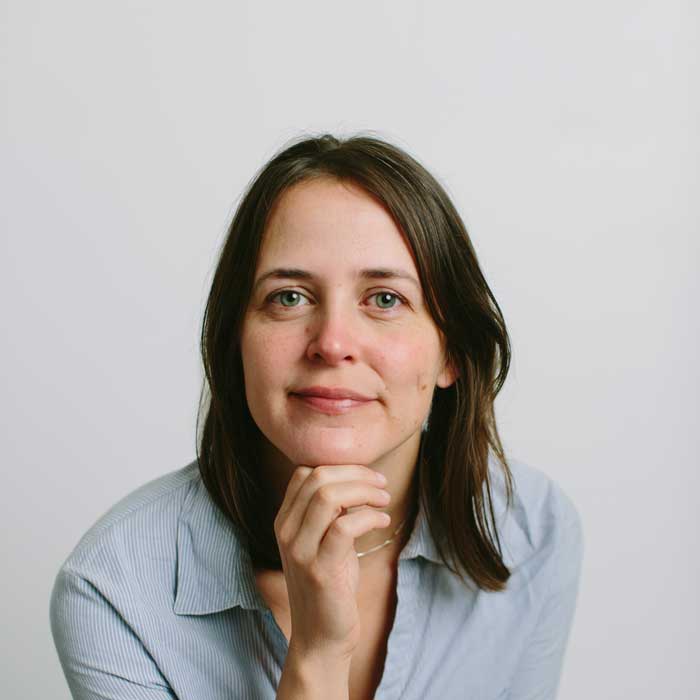

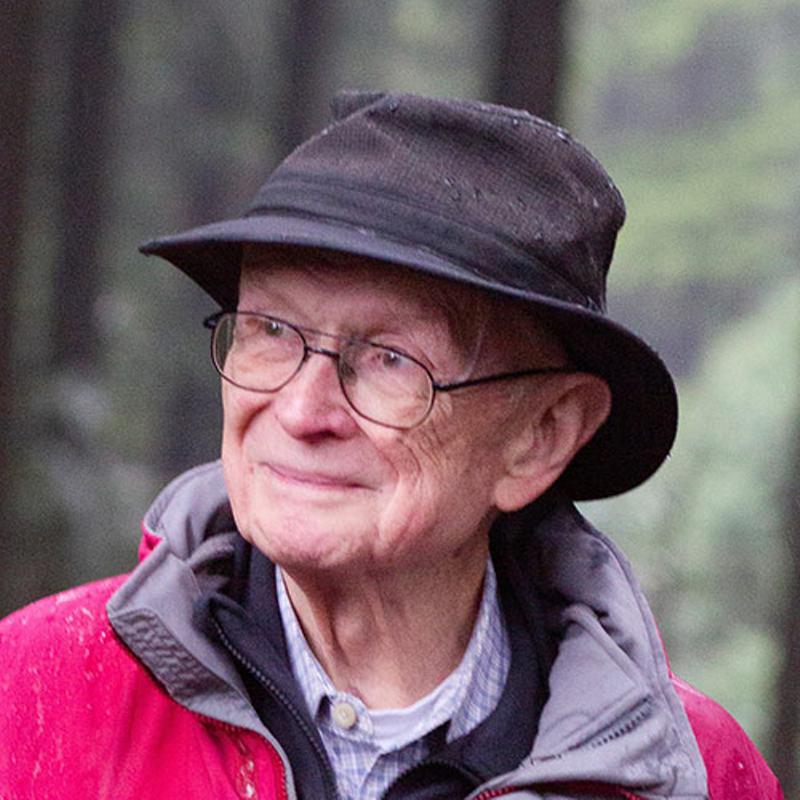


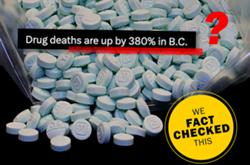
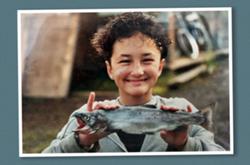
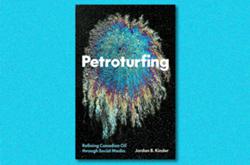

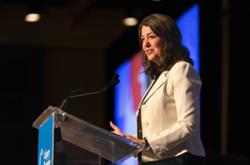
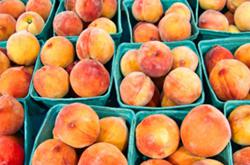
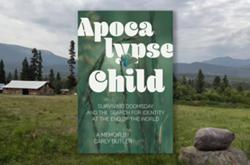



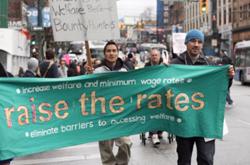
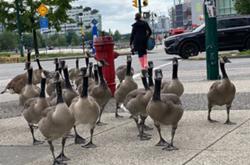
Tyee Commenting Guidelines
Comments that violate guidelines risk being deleted, and violations may result in a temporary or permanent user ban. Maintain the spirit of good conversation to stay in the discussion and be patient with moderators. Comments are reviewed regularly but not in real time.
Do:
Do not: